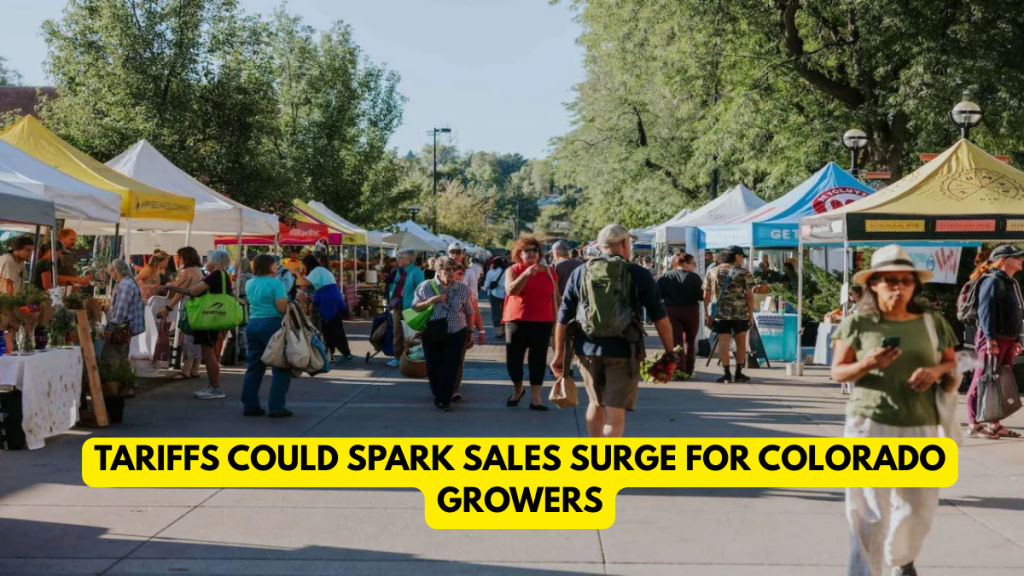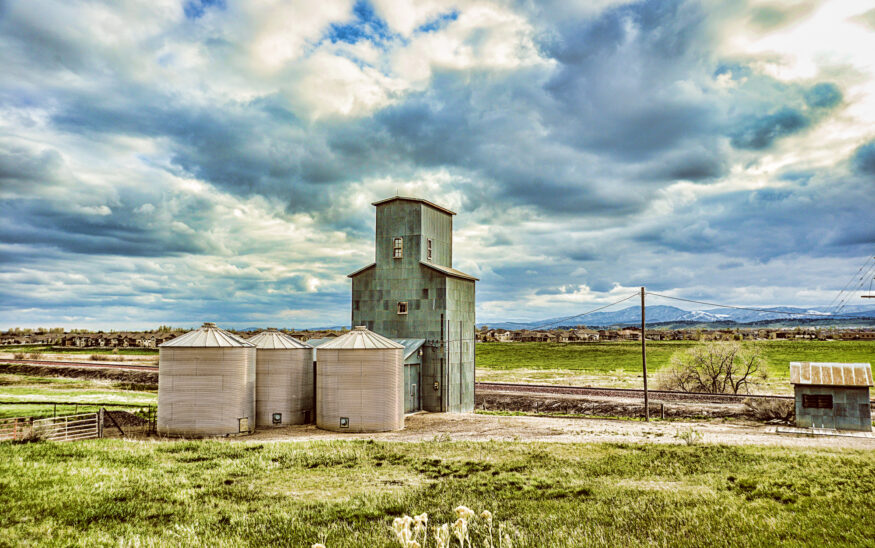
Colorado farmers may experience an unexpected advantage in the ongoing global trade shuffle, as new U.S. tariffs on imported goods shift consumer habits and shake up agricultural markets. While the broader impacts of the trade war remain uncertain, many local growers are cautiously optimistic about a potential uptick in sales — especially as farmers’ market season ramps up across the state.
A Boost in Local Demand
The recent tariffs, introduced by the Biden administration in early 2025, place additional costs on a variety of imported agricultural goods. These duties are designed to curb trade imbalances and support domestic producers, but they also mean consumers could face rising prices on many foreign-sourced items — including fruits, vegetables, meats, and processed foods.
As a result, shoppers are increasingly turning to local sources for food, giving Colorado farmers a unique opportunity to grow their customer base.
With the prices of imports going up, local becomes a better value,” said Mackenzie Sehlke, Executive Director of the Boulder County Farmers Market. “Our producers tend to keep their pricing consistent throughout the year, and now it’s actually becoming more competitive.
Farmers’ markets across Colorado, from Boulder to Colorado Springs, are reporting strong attendance and increased interest in locally grown produce and meats. Many vendors have seen a noticeable rise in foot traffic since the tariffs were enacted.
Increased Costs Create Challenges

While the tariffs offer a potential boost in demand, they also come with challenges. Colorado’s agricultural industry relies on key imported inputs — especially fertilizers — which are now more expensive due to retaliatory tariffs and limited supply.
For instance, potash, a widely used fertilizer imported largely from Canada, has seen price hikes of up to 20%. This increase in input costs directly affects farm profitability.
There’s definitely some benefit on the demand side, but that gets complicated when our costs are rising just as fast,” said Chad Franke, President of the Rocky Mountain Farmers Union. “For every win on the local sales side, there’s a potential loss in operating expenses.
Colorado’s wheat, beef, and dairy farmers — many of whom operate on tight margins — are particularly vulnerable to these cost pressures.
Exports Face Uncertainty
Perhaps the most pressing concern for Colorado growers is the risk to international markets. Several U.S. trading partners — including Canada, Mexico, and China — have introduced their own tariffs on American agricultural exports in response to the U.S. measures. This escalation could stifle demand for Colorado-grown goods abroad.
Colorado exported over $2 billion in agricultural products in 2023, according to the U.S. Department of Agriculture, with top categories including beef, wheat, and dairy. Losing access to those markets would have serious financial implications for producers.
If our beef can’t get into Mexico or our wheat into Asia, that’s a huge problem,” Franke added. “It’s not just about selling more in-state — we need those global buyers.
Consumer Prices on the Rise
Meanwhile, consumers are beginning to feel the pinch. Supermarkets and retail chains have started adjusting prices to reflect the new cost of imports, especially on goods like specialty cheeses, out-of-season fruits, and packaged food items sourced from abroad.
This shift is expected to continue through the summer. The U.S. Trade Representative’s Office has acknowledged the inflationary impact of tariffs but argues that long-term gains for American producers justify the short-term costs.
Retailers are adapting, too, by sourcing more domestic alternatives and reworking supply chains to prioritize regional producers.
A Mixed Outlook for Farmers

The bottom line for Colorado farmers is complex. While some may benefit from the shift toward buying local, others face new hurdles — including higher input costs and uncertainty in international trade.
Still, some farmers remain hopeful.
It’s a time of transition,” said Sehlke. “If we can continue to invest in local food infrastructure and support our growers, this could be a real opportunity for the state.
Support and Resources
Colorado farmers and businesses affected by the tariffs can explore relief and support options through the U.S. Department of Agriculture and the Colorado Department of Agriculture, which offer guidance on subsidies, crop insurance, and export support.
Additionally, consumers looking to support local growers can visit statewide directories like Colorado Proud to locate farmers’ markets, seasonal stands, and community-supported agriculture (CSA) programs.



